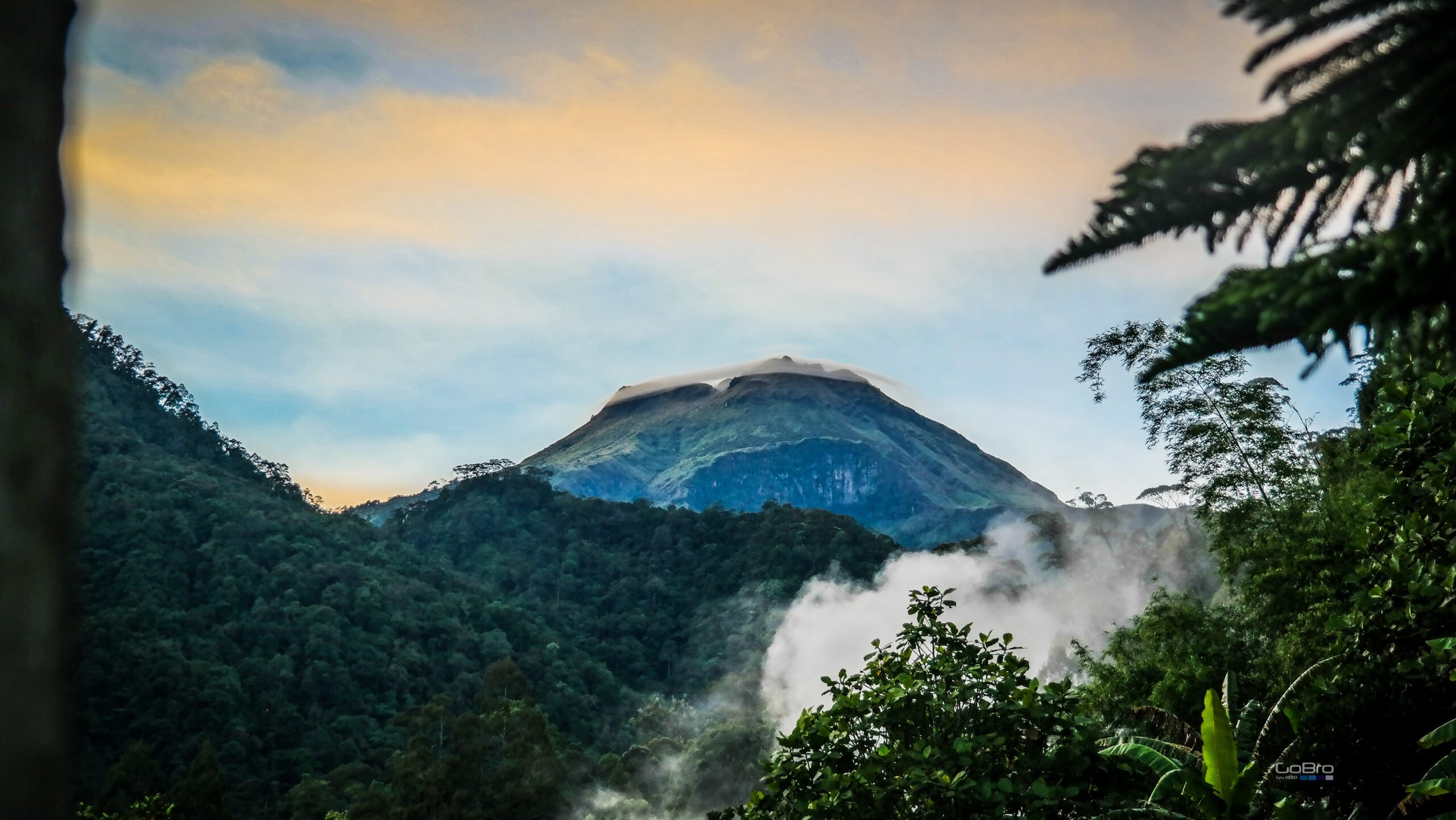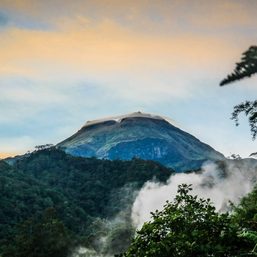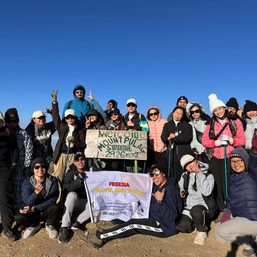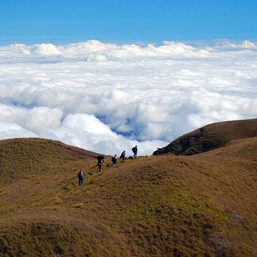SUMMARY
This is AI generated summarization, which may have errors. For context, always refer to the full article.

MANILA, Philippines – The Davao regional office of the Department of Environment and Natural Resources (DENR) announced the temporary closure of Mount Apo Natural Park due to El Niño.
The DENR said the dry spell had affected camping sites at Mount Apo, and temporary closure from March 20 to 30 would keep visitors and hikers safe.
“This precautionary measure is essential to mitigate the risk of bushfires and ensure the well-being of the park’s diverse ecosystems,” the DENR said.
This is pursuant to the resolution released by the Mount Apo Natural Park-Protected Area Management Board executive committee.
The DENR advised visitors set to climb during the closed period to reach out to their organizers and reschedule.
Back in March 2016, Mount Apo suffered from devastating forest fires. When the fire broke out near the summit, the Kidapawan tourism office recorded 441 hikers who went up the mountain, including more than a hundred Boy Scouts. Aside from containing the forest fires, the local government had to ensure that Mount Apo was cleared of hikers.
El Niño causes dry spells, even in places at higher elevations. Extreme heat could lead to wildfires. In the case of Mount Apo, with many climbers, human activities and errors might heighten the possibility of fire breaking out.
Illegal structures
The temporary closure comes two days after Senator Raffy Tulfo on Monday, March 18, raised the issue of illegal structures on Mount Apo.
“Hindi lamang sa Bohol, maging sa Mount Apo sa Davao,” said Tulfo. “Ganoon na ganoon din ang nangyari – within the buffer zone, naglipana na parang mga kabute ang iba-ibang mga istruktura, mga negosyo na bawal dapat.“
(This isn’t happening only in Bohol but also in Mount Apo in Davao. It’s the same situation – structures and businesses have mushroomed within the buffer zone.)
Tulfo said the DENR had already confirmed the presence of such structures and that the agency was giving the businesses two years to close down.
“Ngayon, nandyan na sila, nakapagnegosyo na, nabastos na kalikasan, bibigyan mo pa ng two years? Dapat agad-agad ang closure,” Tulfo said.
(They’ve already conducted their businesses, they’ve already ruined the environment, and you’re still giving them two years? They should have ordered immediate closure.)
The senator said lawmakers found out about the illegal structures on Mount Apo following their investigation of the resort in Bohol’s Chocolate Hills. The said resort is now closed, while other private properties in Chocolate Hills are being investigated.
Mount Apo is the highest peak in the Philippines. It is declared as a protected area under Republic Act No. 9237. It is home to the critically endangered Philippine eagle. – Rappler.com
Add a comment
How does this make you feel?




![[Pastilan] The Great Philippine Identity Sale](https://www.rappler.com/tachyon/2024/07/great-philippine-identity-sale-july-16-2024.jpg?resize=257%2C257&crop=486px%2C0px%2C1080px%2C1080px)







![[OPINION] Grading Marcos admin’s performance on the climate agenda](https://www.rappler.com/tachyon/2024/06/grading-marcos-performance-climate-agenda-june-25-2025.jpg?resize=257%2C257&crop=441px%2C0px%2C1080px%2C1080px)




There are no comments yet. Add your comment to start the conversation.